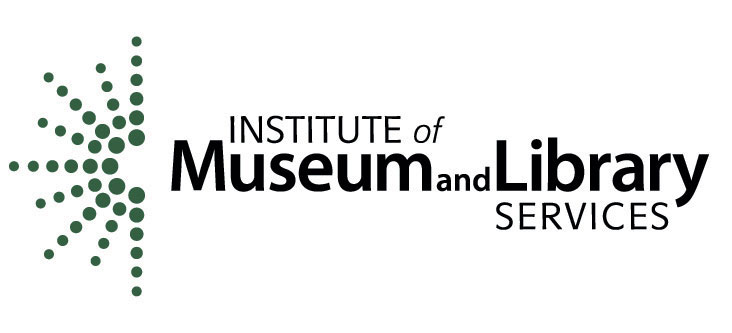You can use these resources to improve your own understanding, as discussion starters, and for training your staff. We encourage you to be curious and find other resources that you think might work well for your organization. The resource guides are not intended to be complete, but to make it easier for you to get started.
Table of Contents
Time Savers
Read:
- Partner Power: A Technique for Building More Authentic Community Partnerships Right from the Start from OF/BY/FOR ALL, 3 minutes to read and a 5-minute video.
- GROUND RULES + TOOLS: Facilitating Productive Discussions, 5 minutes and an outline of how to collaborate to achieve a goal with sample ground rules for discussions and tips for conversations around inclusion.
- How to Facilitate Discussions, 15 minutes from UC San Diego. How to facilitate discussions and a toolkit with links to other useful resources.
- Collaborative Practice, 12 minutes from the Inclusive Historian’s Handbook.
Watch/Listen:
- Community + Museums, Guidelines for Collaboration, 6 minute video from the School for Advanced Research (SAR). Jim Enote discusses the benefits SAR’s Guidelines for Collaboration.
- Reflections on Common Ground, a series of 4 podcast episodes and website about how the Portland Art Museum in Oregon partnered with its own refugee community while presenting photographer Fazal Sheikh’s Common Ground exhibition.
- 3 Tips to Facilitate Conversations about Diversity, Equity, and Inclusion | Tea Time with Jess, 8 minutes.
- Film: Museums build equity through audience participation, 25 minutes from MuseumNext, includes transcript on page of the presentation.
Toolkits and Training
Online Toolkits:
- The Community Toolbox: Creating and maintaining coalitions and partnerships from the University of Kansas and its partners. A complete toolkit to develop partnerships with other organizations.
- Museum & Community Partnerships: Collaboration Guide and additional resources from the National Informal Stem Education Network (NISE).
- SAR’s Guidelines for Collaboration from the Indian Arts Research Center at the School for Advanced Research. The project started from a 3 year “collaboration between Native and non-Native museum professionals, cultural leaders, and artists. The Guidelines are intended as a resource for museums and communities planning and carrying out collaborative work.”
- Accessibility Planning and Resource Guide for Cultural Administrators from the National Endowment for the Arts (NEA) on improving accessibility across all levels of an arts organization. See Part 1, Step 4 Create an Access Advisory Committee. The table of contents is on the website with links to PDFs of the whole guide and individual sections of the guide.
- So you want to hire an Equity Consultant from Equity in the Center.
- Whose cake is it anyway? A collaborative investigation into engagement and participation in 12 museums and galleries in the UK.
Webinars:
- Black Lives Matter: Race and Disability, United Spinal Association, 58 minutes. Carmen Jones, United Spinal Association Board of Directors Vice Chair, moderates a diverse panel of members about opportunity and allyship.
- Forging Alliances: The Creation of Access and Advisory Committees, 66 minutes. From the Cultural Accessibility Collaborative (CAC).
- Community Partnership – A Global Dialogue on Museums and Their Publics, about 2 hours from a symposium hosted by The Met. This is a recorded discussion about roles, methods, ethics, and museums in service to communities.
Additional Resources
- AAM Community Engagement and Impact Series
- AAM Core Concept Primer: DEAI is an ongoing journey without a fixed endpoint
- Practicing Facilitation: Lessons from the Tenement Museum
- Texas Historical Commission
- Planning Events with Community Partners
- Expanding CHC Partnerships. Candice McClendon discusses lessons learned through a partnership building process.
- Improving Partnerships with History-Related Organizations. Includes proactive planning, non-traditional partners, participation, and diversity.
- Mental Health: Take care of yourself and encourage others
- Live Your Life Well from Mental Health America (MHA)
- Caring for Your Mental Health from the National Institute of Mental Health (NIMH)
- Be Good to Yourself: Self-Care During Challenging Times by Amanda Gabarda EDD, MPH from UPMC MyHealth Matters.
Content is available under Creative Commons Attribution unless otherwise noted.


